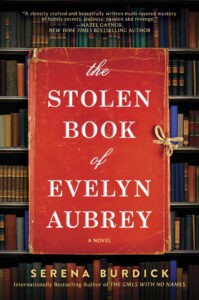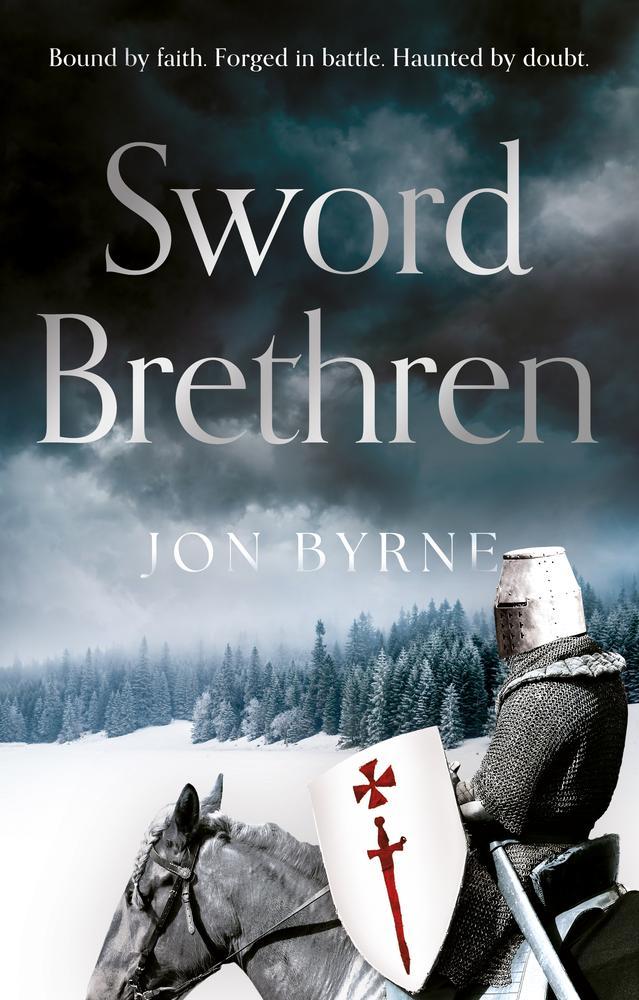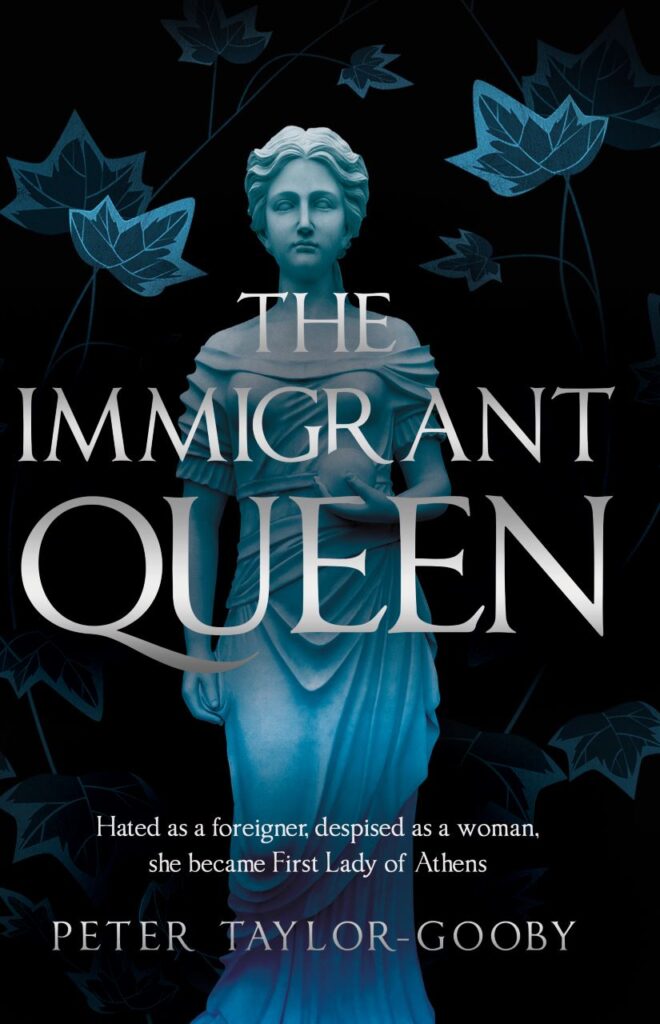When You are More than a Muse: The Stolen Book of Evelyn Aubrey by Serena Burdick
 BY HELEN PIPER
BY HELEN PIPER
In her novel The Stolen Book of Evelyn Aubrey (Park Row Books, 2022), Serena Burdick describes the complicated lives of Evelyn, a young wife and writer at the turn-of-the-20th century England, and Abigail, newly minted college graduate in modern-day Berkeley, California.
Both women are trying to pursue their dreams whilst navigating their relationship with the opposite sex. Not an easy feat, regardless of when and where you live, and it soon becomes apparent that Abigail and Evelyn are related.
“I wanted to show how we carry our ancestry with us, to explore the possibility that we hold the history of our families in our bones even if we don’t know what that history is,” Burdick explains. “Abby has inherited her great-great-grandmother Evelyn’s physical traits, but also her inner struggles and desires. I asked the question: what does this story look like repeated through the generations? I wanted to show how family secrets haunted these women, and that only in unearthing the truth could they find their true voices.”
The book seamlessly intertwines Evelyn’s and Abigail’s fates, but that is only one point of this multi-layered story. In addition to showing the far-reaching consequences of family history, Burdick sets out to shed light on the challenges that comes with trying to lead a creative life. This is especially challenging if you are female, regardless of era.
Burdick says: “I am intrigued with how a person’s behavior, and psychological makeup, changes depending on what era they lived in. Society dictates so much of how we behave, what we fight for, or against.”
This fascination manifests itself in Burdick’s storytelling. You can see this when newly married Evelyn blames herself for her husband’s unhappiness despite doing everything in her power to please him. Women didn’t have much power in the late 19th century and early 20th century, and when Evelyn realizes that there is nothing she can do, she takes out a notebook and let her pen bleed words onto the page. Yet even this act is unusual for a woman in those days, and Evelyn’s insouciance will cost her dearly.
Burdick’s research into the era has been thorough and widespread. During reading you gather interesting details about the colonial British war effort in Sudan, and what to wear when going hunting. You also learn about how much water early motorists had to bring in order to cool the engine, and that the most fashionable place to holiday in the UK was Bath. Still, the research process didn’t end with politics, customs and trends. Burdick also ventured into the literary world for inspiration.

author photo by Danielle Tait
“Evelyn was definitely inspired by a number of different fictional Victorian women,” she says. “I was reading a lot of Wilkie Collins novels when I started this book, as well as Austen and Bronte and Dickens. The character of Lydia Gwilt in the Wilkie Collins novel, Armadale, was particularly inspiring.”
You can also see some classical allusions in the story. There is a whiff of DuMaurier’s Rebecca: a rural setting, a brooding husband and an eerie atmosphere. The dual timeline provides some relief, as the modern-day great-granddaughter looking for answers feels like a much more liberated woman. The quest to find her identity and traveling back to England to do so makes the story an enthralling read.
This is not Burdick’s first book set in a previous era. Her earlier works include Girl in the Afternoon, about a young woman wanting to become a painter during la Belle Epoque in France and trying to navigate a male-dominated world. In her book Find me in Havana, she explored the real life of Hispanic actress Estelita Rodriguez in Golden Age Hollywood.
“Technically, fiction allows the writer the freedom to portray a character however they like, and yet I am sure most of us feel an obligation to stay as true to these real-life figures as possible,” Burdick says. “For me, this can be limiting. With the exception of Find Me in Havana, I try to keep my protagonists fictional, while dropping in historical figures as supporting roles. Their presence adds to the believability, and places the novel nicely in history, but I selfishly like the freedom of writing a character exactly as I want them to be. I do, however, use real historical figures as inspiration. That way, I get the best of both worlds.”
This point is vividly illustrated by the betrayal of Evelyn, and how her husband, writer William Aubrey, is being portrayed in the story. Burdick explains: “I couldn’t rightfully accuse any real author of all the things I accuse him of.”
Thankfully, William Aubrey is not real, but as a fictional character, his actions creates consequences for generations to come. Still he makes for a thoroughly interesting read.
I wouldn’t want to be married to him though.
About the contributor: Helen Piper is the author of a novella loosely based on Joan Crawford’s life, and she is currently working on her first novel. Previously she worked as a lawyer.






